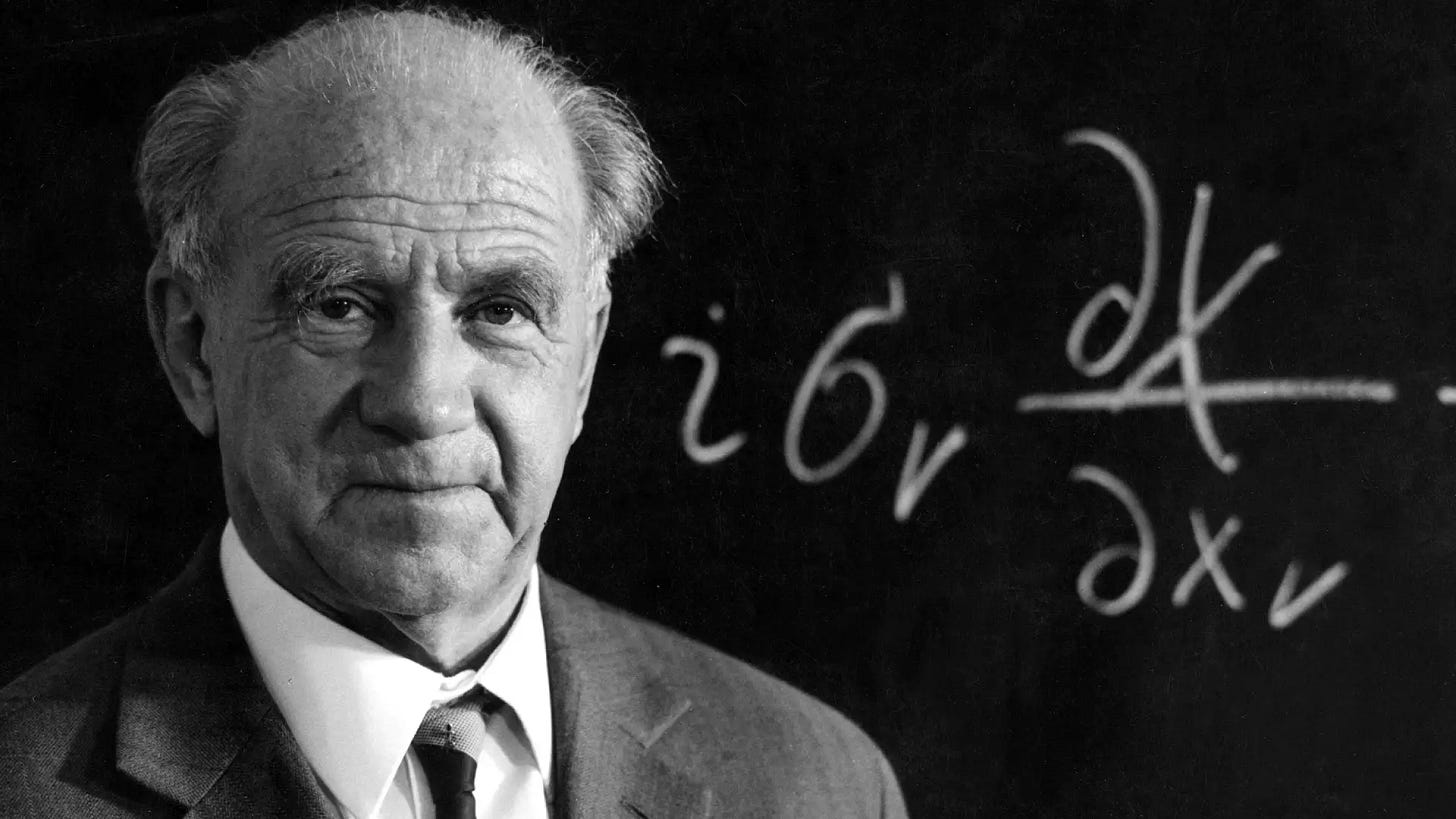"What we observe is not nature itself, but nature exposed to our method of questioning"
Werner Heisenberg
"What we observe is not nature itself, but nature exposed to our method of questioning"
Werner Heisenberg
The quote "What we observe is not nature itself, but nature exposed to our method of questioning" comes from Werner Heisenberg, a German theoretical physicist born on December 5, 1901, and a key figure in the development of quantum mechanics. This statement reflects a core principle of his famous Uncertainty Principle and highlights the philosophical underpinnings of quantum theory.
Heisenberg's quote emphasizes that the act of observation in scientific experiments is not a neutral or passive process. Instead, the questions we ask and the methods we use shape what we observe. This is especially true in quantum mechanics, where the behavior of particles at the quantum level seems to change based on how they are measured. In classical physics, it was believed that observation could provide an objective view of the natural world. However, Heisenberg's work showed that, at the quantum level, observation itself influences the system being observed.
This idea challenges the notion of objective reality in the context of science. According to Heisenberg, we never observe "nature itself" in its pure form. Instead, we see nature as it responds to the tools and methods we use to interrogate it. This philosophical stance has profound implications for how we understand the limits of human knowledge. It suggests that scientific knowledge is always constrained by the frameworks and instruments used in the inquiry, meaning that what we perceive is a product of both nature and our interaction with it.
Heisenberg’s insight highlights the complexity of reality and the interplay between the observer and the observed, a fundamental aspect of modern physics. His work forced scientists to reconsider the nature of measurement and the limits of certainty in our understanding of the universe.


